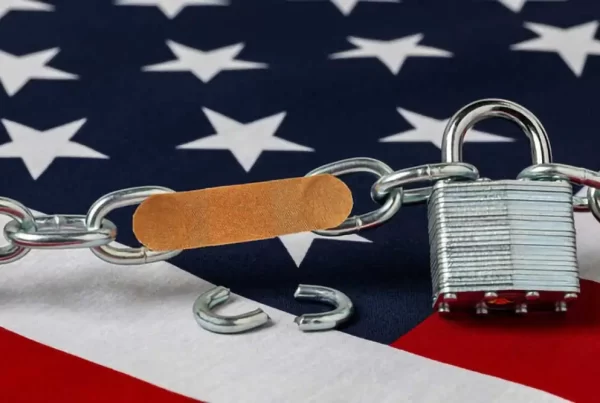As immigration professionals and advocates, we are constantly navigating the complex and ever-evolving landscape of immigration law. One of the critical legal doctrines that has influenced how immigration law is interpreted and applied is the Chevron doctrine. The Supreme Court could be overturning that Doctrine in 2024. What is the potential impact of such a decision on immigration law and the broader implications it could have.
The Chevron doctrine, established by the Supreme Court in Chevron U.S.A. Inc. v. Natural Resources Defense Council, Inc. (1984), provides a framework for how courts should review agency interpretations of statutes. Under Chevron, courts generally defer to an agency’s reasonable interpretation of an ambiguous statute when Congress has delegated authority to the agency to make such interpretations.
Chevron has played a significant role in immigration law, particularly in cases involving the interpretation of immigration statutes and regulations. Immigration agencies, such as USCIS, ICE , EOIR, frequently rely on Chevron deference to support their decisions and policies.
If the Supreme Court were to overturn Chevron, it could have several notable effects on immigration law:
- Reduced Deference to Agencies: Courts may be less inclined to defer to immigration agencies’ interpretations of immigration statutes and regulations. This could lead to increased judicial scrutiny and potentially more challenges to agency decisions.
- Greater Uncertainty: The absence of Chevron could result in more uncertainty in immigration law. Immigration practitioners and their clients may face challenges in predicting how courts will interpret immigration statutes and regulations, leading to legal ambiguity.
- Impact on Administrative Changes: Chevron deference has historically allowed immigration agencies to implement policy changes more easily. Without Chevron, agencies may find it more challenging to enact certain policy shifts without facing immediate legal challenges.
- Increased Litigation: The elimination of Chevron could potentially lead to a rise in litigation as parties seek judicial clarification on statutory and regulatory interpretations in immigration cases.
- Potential for Legislative Action: If Chevron is overturned, it may prompt Congress to consider legislative action to clarify immigration statutes, which could result in amendments or updates to immigration laws.
The potential impact of overturning Chevron on immigration law remains uncertain, so it is essential to stay informed about developments in immigration law, including potential changes in judicial deference to agency interpretations. Immigration practitioners should be prepared to adapt to a shifting legal landscape and continue advocating for their clients’ rights and interests in a potentially more challenging legal environment.






